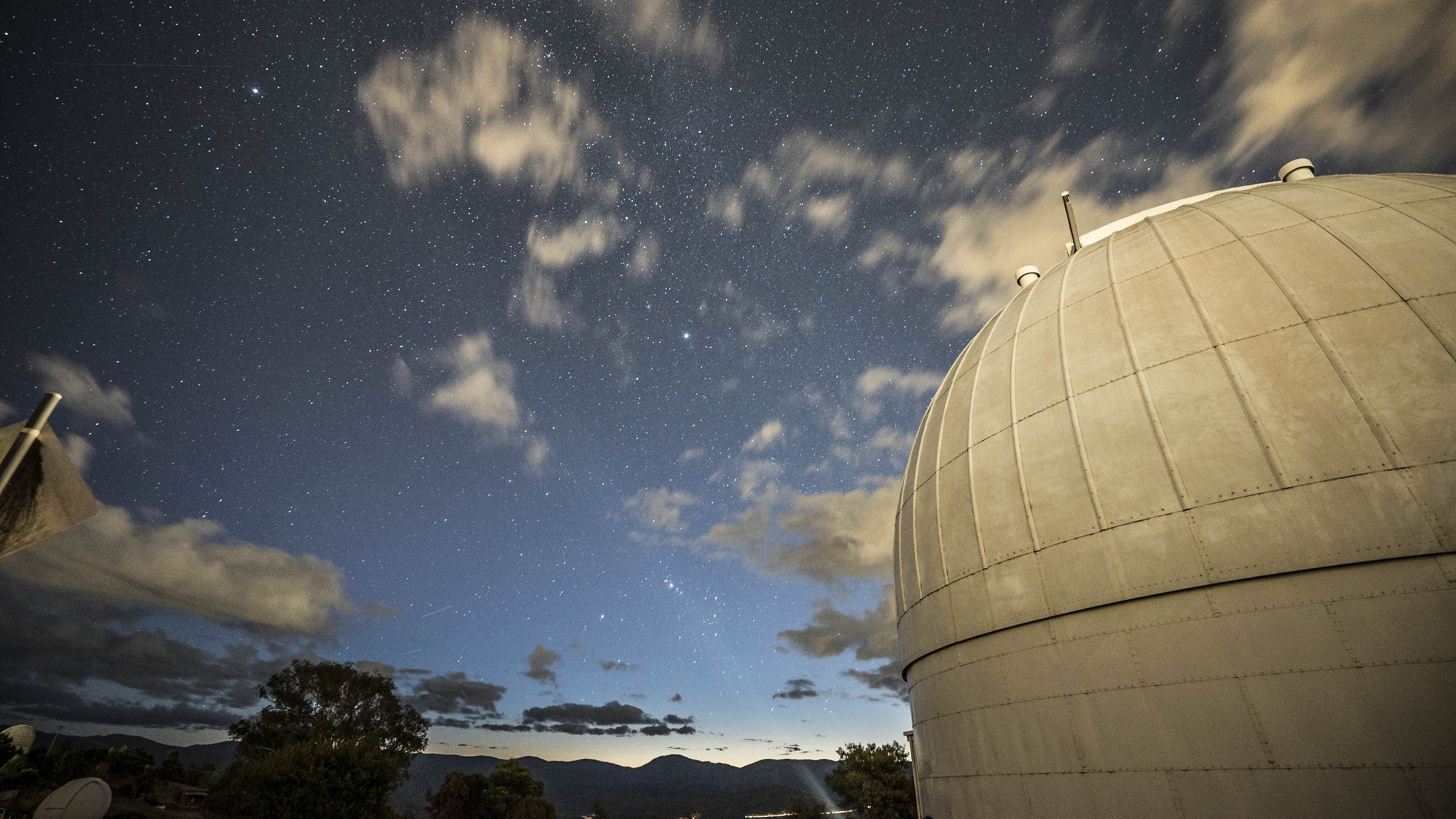Major news for astronomy and astrophysics students
The ANU College of Science and Medicine has introduced a new Astronomy and Astrophysics major for Bachelor of Science and Bachelor of Science (Advanced) (Honours) students, available from 2019. The new Astronomy and Astrophysics major provides students with an overview of the application of physics to understanding the physical universe.
Dr Brad Tucker from the ANU Research School of Astronomy and Astrophysics says he is excited for students in the new major to have access to the cutting-edge space and astronomy facilities at ANU, including the ANU Siding Spring Observatory.
“Students will learn things ranging from how planets form from old exploding stars, to figuring out how dark matter affects galaxies, to calculating the energy of a black hole,” he says.
“Of course, more than just learning in the classroom, there’s the research experiences students will have, allowing them to take specialised courses designed to work on world-class research.”
With required courses ranging from Foundations of Astrophysics to Galaxies and Cosmology, students will be delving deep into scientific investigation of astrophysical systems.
“After studying astrophysics, students will be well-placed to work in fields ranging from scientific labs and space agencies like NASA or SpaceX, to using their critical analytical skills to tackle problems in finance or data science,” says Dr Tucker.
Students could go on to be hydrology modellers, instrument scientists, web analysts, software engineers or use the major as a launching pad for future research at world-class universities across the globe.
Tegan Clark is among the students who have chosen ANU for the strong research and teaching in astronomy and astrophysics.
“I just love space and am so interested by it,” she says. “How could you not be curious as to what’s up there? You see it every day and every night.”
If you think the Astronomy & Astrophysics major is written in your stars, find out more about the study program.

